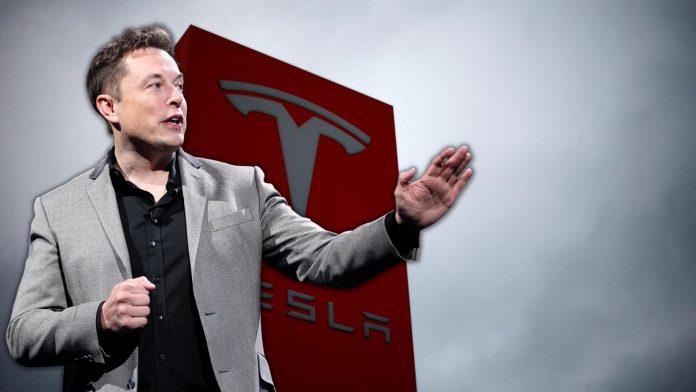Tesla CEO Elon Musk has put his attention on sales rather than profitability, hoping the EV maker’s elusive full autonomous vehicles software could improve margins. This strategy could intensify the price war in the electric vehicle industry.
Tesla shares plummeted 5% on July 20 after Musk suggested that price cuts, which have already lowered gross margins to a four-year low, might not be alleviated. Increasing the number of vehicles on the road would help Tesla maintain its commanding market dominance in the U.S. during “turbulent times” while offering access to valuable usage data necessary to train the artificial intelligence models underlying its self-driving technology.
Musk says, “Relative to the overall picture, the short-term gross margin and profitability variations are relatively small. All of these metrics will look ridiculous in the face of autonomy.” Additionally, the billionaire believes full self-driving (FSD) could account for most of Tesla’s value and give it a cushion rivals lack as they attempt to make their EV operations profitable.
However, Gene Munster, managing partner at Deepwater Asset Management and a Tesla investor, warned that the projection for margins might disappoint some, including the margins that are slowly improving.
Analysts predicted that the declining margins would harm the stock, which has more than doubled this year due to the expanding adoption of the company’s charging system.
Tesla expects to spend more than $1 billion on Dojo, its supercomputer for training AI models for autonomous vehicles, which will go into production this month.
Whereas, Wells Fargo analysts claimed that FSD’s pricing, which Musk claimed to be modest, might prevent its adoption. After a $7,500 federal tax credit, the technology costs $15,000 per vehicle, roughly half the price of the least expensive Tesla vehicle.




